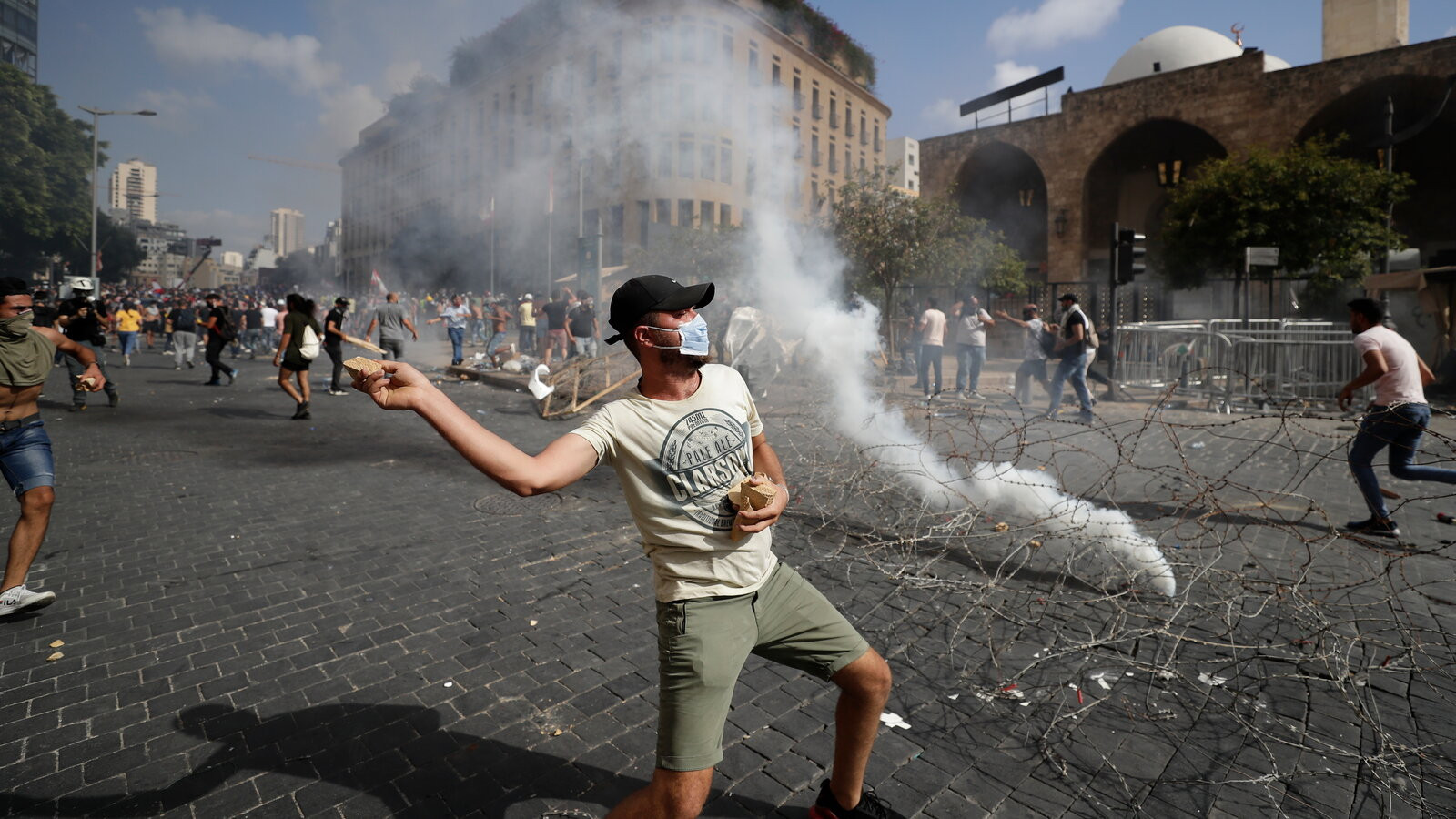Telegram CEO Arrested: Is the Messaging App a Haven for Criminals?
The arrest of Telegram founder Pavel Durov in August has brought renewed attention to the messaging app's role in facilitating criminal activities. While Telegram touts its privacy features as a shield for dissidents and journalists, critics argue that these same features create a haven for criminals operating with impunity.
Durov was indicted on charges related to the platform's moderation policies, specifically for allegedly facilitating illicit transactions, money laundering, and the distribution of child pornography. The French authorities argue that Durov's failure to adequately moderate content on Telegram makes him complicit in these crimes.
The Case Against Telegram
Prosecutors claim that Telegram has been used by criminal groups for a range of activities, including drug trafficking, human trafficking, and online scams. The platform's end-to-end encryption and anonymity features make it difficult for authorities to track and investigate criminal activity.
One prominent example is the Huione Guarantee, a Telegram-based marketplace where services related to cyber scams, money laundering, and human trafficking are openly advertised. Elliptic, a blockchain analytics firm, estimated that transactions on Huione Guarantee totaled at least $11 billion.
The ease with which criminal elements can operate on Telegram has prompted criticism from various organizations, including the United Nations, which estimates that over 300,000 people are trapped in forced criminality compounds in Southeast Asia alone. Many of these victims report being recruited through Telegram.
Telegram's Response
Durov has defended Telegram's moderation policies, arguing that the platform takes down millions of harmful posts and channels daily. He claims that the vast majority of Telegram users have nothing to do with crime and that the platform's lax moderation policies are necessary to protect free speech.
However, following his arrest, Durov announced changes to Telegram's moderation policies, including the removal of the “People Nearby” feature, which was used by less than 0.1% of users but was allegedly susceptible to abuse by scammers. He also disabled media uploads to Telegram's blogging tool, citing misuse by anonymous actors.
The Free Speech Argument
Durov's supporters, including Elon Musk and Edward Snowden, have defended his arrest as an attack on free speech. They argue that Telegram provides a vital platform for individuals living under oppressive regimes or facing censorship. Durov himself has a history of resisting government censorship, refusing to hand over data on Ukrainian protesters during the Maidan Revolution.
However, critics argue that the right to free speech does not extend to criminal activity. They point to the atrocities that have taken place via Telegram, including child sexual abuse, human trafficking, and extortion scams. These crimes, they argue, cannot be justified as protected speech.
The Future of Telegram
The outcome of Durov's arrest remains uncertain. While he is currently out on bail, the formal investigation is ongoing. The case has raised important questions about the responsibility of social media platforms for the content shared on their platforms, particularly when it comes to criminal activity.
As the case unfolds, the debate over Telegram's moderation policies will likely continue. It remains to be seen whether the platform will implement significant changes to its approach or whether it will continue to prioritize its commitment to free speech over the safety and well-being of its users.
Telegram's Policy: A Balancing Act
Telegram's dilemma highlights the complex challenge faced by social media platforms in balancing the right to free speech with the need to prevent criminal activity. As technology continues to evolve, this debate is likely to become even more relevant, prompting further scrutiny of social media platforms and their moderation policies.

















